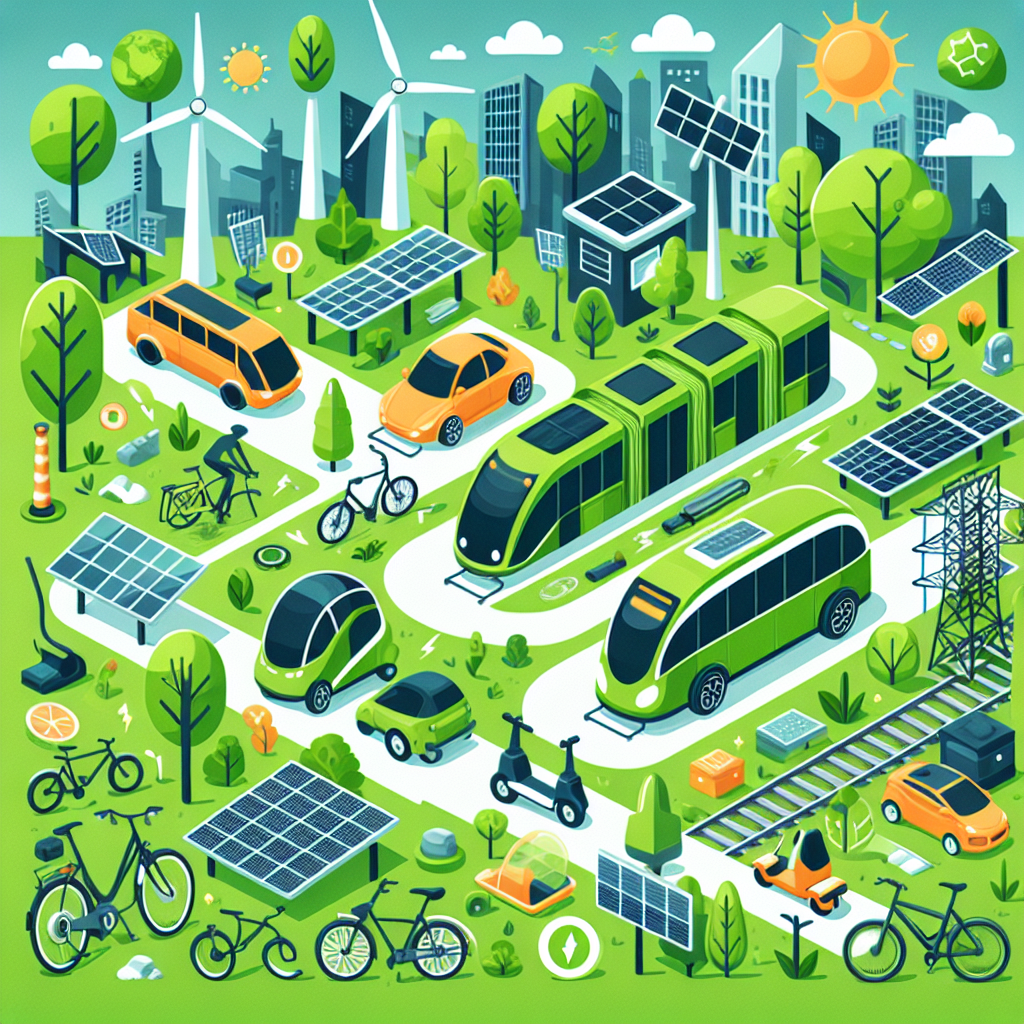Are you tired of sitting in traffic for hours on end? Do you want to do your part in reducing emissions and helping the environment? Carpooling may be the solution you’ve been looking for. By sharing rides with others, you can help reduce traffic congestion and lower emissions, all while saving money and making new friends.
Carpooling is a form of sustainable travel that involves multiple people sharing a ride in one vehicle to reach a common destination. This not only reduces the number of cars on the road, but also helps decrease greenhouse gas emissions and air pollution. With the rise of green vehicles and eco mobility options, carpooling has become even more accessible and convenient.
Benefits of Carpooling
There are numerous benefits to carpooling, both for individuals and the environment. Some of these include:
- Reduced traffic congestion: By sharing rides with others, you can help decrease the number of cars on the road during peak hours, leading to smoother traffic flow and less time spent commuting.
- Lower emissions: Carpooling helps reduce greenhouse gas emissions and air pollution by decreasing the overall number of cars on the road. This can have a positive impact on air quality and public health.
- Cost savings: Sharing fuel costs with others can help save money on gas and maintenance expenses. Additionally, some employers offer incentives or rewards for employees who carpool to work.
- Social connections: Carpooling allows you to meet new people and build relationships with coworkers or neighbors. It can also create a sense of community and camaraderie among participants.
Green Vehicles and Eco Mobility
In recent years, there has been a growing emphasis on green vehicles and eco mobility solutions as a way to reduce carbon emissions and combat climate change. Electric cars, hybrids, and other fuel-efficient vehicles have become more popular choices for environmentally conscious consumers looking to minimize their carbon footprint.
Carpooling is an excellent complement to green vehicles, as it maximizes the efficiency of each vehicle by transporting multiple passengers at once. This helps reduce overall fuel consumption and emissions per person, making carpooling a sustainable travel option that aligns with eco-friendly transportation goals.
Tips for Successful Carpooling
If you’re interested in trying out carpooling as a way to reduce traffic congestion and emissions, here are some tips to help you get started:
- Find potential carpool partners among your coworkers, neighbors, or friends who live nearby or have similar commute routes.
- Create a schedule that works for everyone involved, taking into account each person’s work hours and commitments.
- Establish clear communication channels for coordinating pick-up times, locations, and any changes to the schedule.
- Agree on how expenses will be shared (e.g., gas money) and any rules or guidelines for behavior in the car.
- Make sure everyone is comfortable with the arrangement and willing to commit to regular carpooling trips.
Carpooling is an easy way to make a positive impact on traffic congestion, emissions reduction, and overall sustainability efforts. By choosing this eco-friendly travel option, you can contribute to a cleaner environment while enjoying cost savings and social connections along the way. So why not give carpooling a try today?

Leave a Reply